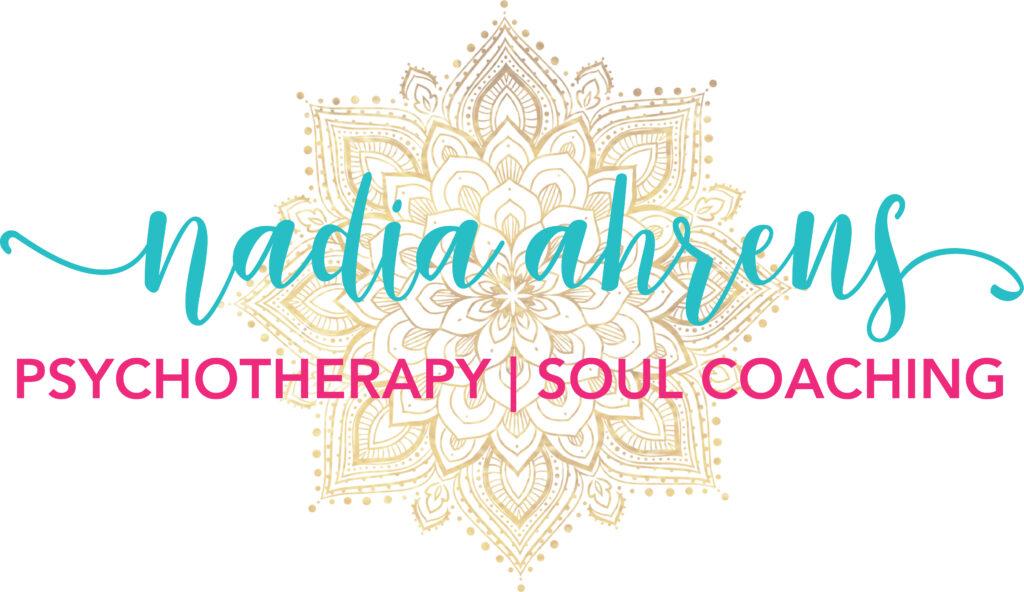Washington Residents
What is my approach to therapy?
With an integration of complimentary and holistic approaches, I draw from a variety of methodologies and techniques to incorporate what is most helpful for each individual. In a comfortable and supportive atmosphere, I offer a highly personalized approach tailored to each of my clients individual needs to help them attain the personal growth they’re striving for. Together with each client, I work to develop strengths and achieve life goals.
Is therapy right for me?
Seeking out therapy is an individual choice. There are many reasons why people come to therapy. Sometimes it is to deal with long-standing psychological issues, or problems with anxiety or depression. Other times it is in response to unexpected changes in one’s life such as a divorce or work transition. Many seek the advice of counsel as they pursue their own personal exploration and growth. Working with a therapist can help provide insight, support, and new strategies for all types of life challenges.
Therapy can help address many types of issues including depression, anxiety, conflict, grief, stress management, and general life transitions.
Therapy is right for anyone who is interested in getting the most out of their life by taking responsibility, creating greater self-awareness, and working towards change in their lives.
Let’s Hop on a Complementary
30-Minute Call

My Personal Healing Journey
I have been using these modalities on my own personal journey for two decades and experienced first-hand the impact they make when combined. I know what it’s like to struggle, face the same recurring challenges over and over, feel lost or defeated, experience limiting beliefs and negative self-talk. I also know what it’s like to experience unimaginable pain.
After my son died unexpectedly in 2016, the modalities I offer saved me. I sought help, and through a lot of deep soul work, I was eventually able to see a path to healing when for so long I had no idea how to take a step. I found a way to transform my life, harness my inner power, get myself and life back, and find my most authentic self.
Do I really need therapy?
I can usually handle my problems.
Everyone goes through challenging situations in life, and while you may have successfully navigated through other difficulties you’ve faced, there’s nothing wrong with seeking out extra support when you need it. In fact, therapy is for people who have enough self-awareness to realize they need a helping hand, and that is something to be admired.
You are taking responsibility by accepting where you’re at in life and making a commitment to change the situation by seeking therapy. Therapy provides long-lasting benefits and support, giving you the tools you need to avoid triggers, re-direct damaging patterns, and overcome whatever challenges you face.
Do you accept insurance?
How does insurance work?
I do not accept insurance, however, I will provide a bill for reimbursement.
What is therapy like?
Every therapy session is unique and caters to each individual and their specific goals. It is standard for therapists to discuss the primary issues and concerns in your life during therapy sessions. It is common to schedule a series of weekly sessions, where each session lasts around fifty minutes.
Therapy can be short-term, focusing on a specific issue, or longer-term, addressing more complex issues or ongoing personal growth. There may be times when you are asked to take certain actions outside of the therapy sessions, such as reading a relevant book or keeping records to track certain behaviors. It is important process what has been discussed and integrate it into your life between sessions.
For therapy to be most effective you must be an active participant, both during and between the sessions. People seeking psychotherapy are willing to take responsibility for their actions, work towards self-change and create greater awareness in their lives.
Here are some things you can expect out of therapy:
Compassion, respect and understanding.
Perspectives to illuminate persistent patterns and negative feelings.
Real strategies for enacting positive change.
Effective and proven techniques along with practical guidance
How can therapy help me?
A number of benefits are available from participating in psychotherapy. Therapists can provide support, problem-solving skills, and enhanced coping strategies for issues such as depression, anxiety, relationship troubles, unresolved childhood issues, grief, stress management, body image issues and creative blocks.
Many people also find that counselors can be a tremendous asset to managing personal growth, interpersonal relationships, family concerns, marriage issues, and the hassles of daily life.
Therapists can provide a fresh perspective on a difficult problem or point you in the direction of a solution. The benefits you obtain from therapy depend on how well you use the process and put into practice what you learn.
Some of the benefits available from therapy include:
Attaining a better understanding of yourself, your goals and values
Developing skills for improving your relationships
Finding resolution to the issues or concerns that led you to seek therapy
Learning new ways to cope with stress and anxiety
Managing anger, grief, depression, and other emotional pressures
Improving communications and listening skills
Changing old behavior patterns and developing new ones
Discovering new ways to solve problems in your family or marriage
Improving your self-esteem and boosting self-confidence
